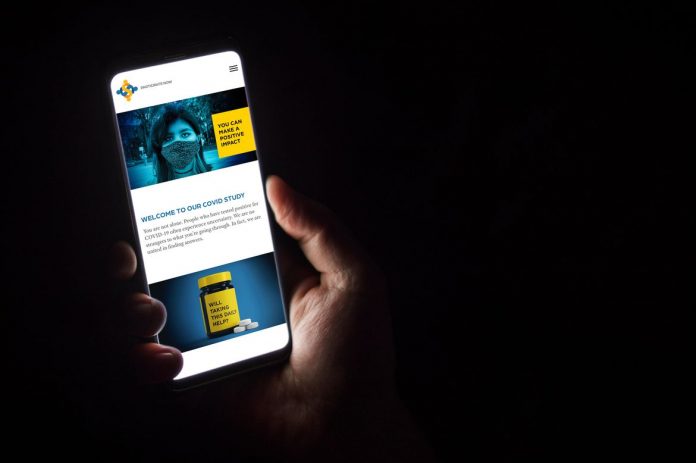While more than 125 million Americans have received full doses of the COVID-19 vaccine, thousands of people in the U.S. are being diagnosed each day with the disease. Reports of severe illnesses, hospitalizations and deaths continue, more than a year after the pandemic began.
While researchers around the world have properly prioritized vaccine development and life-saving treatments, less attention has been paid to the experiences of people with COVID-19 who are not hospitalized.
Of the 33 million Americans who have tested positive for COVID-19, the vast majority have been instructed to quarantine and recover at home. And half of those who are caring for themselves without being treated at a hospital will become COVID-19 “long-haulers,” the term for those who continue to experience symptoms from the virus weeks, or months, later.
Now, a study by UCLA biological anthropologist Daniel Fessler and colleagues at UCLA, as well as researchers at UC Merced and the University of Illinois, will explore the experiences of people who are dealing with the disease without hospitalization. Their aim is to produce insights about the best way to recover from the virus for those who are convalescing at home.
“There has been so much variation in this disease, in what patients do and in how patients get better,” Fessler said. “Our goal is to find ways to help patients recovering at home.”
The United COVID Survivor Study will examine, for example, whether various over-the-counter medications and other home health practices help, hurt or make no difference.
The study has two parts. The first is a 10-minute online survey for people who have had COVID-19 but have since tested negative or recovered. The other is aimed at people who currently have COVID-19 and are managing the disease at home; they’ll be asked to download a free mobile app, available through Apple’s App Store (an Android version may come soon), and then answer questions each day about their illness and what they are doing to get better.
The researchers are aiming for 10,000 participants; the online survey is available in English and Spanish.
Instead of compensating participants, the project will donate $1,000 each to 10 randomly selected hospitals in participants’ ZIP codes where people with severe cases of COVID-19 are being treated. Through a link on the project website, members of the public can contribute toward additional donations for other health care facilities.
Said Fessler: “Participating in the study can immediately help some hospitals to care for patients with severe coronavirus cases, and we hope that, with our participants’ help, we can find answers that will help others recovering from more mild cases at home.”








